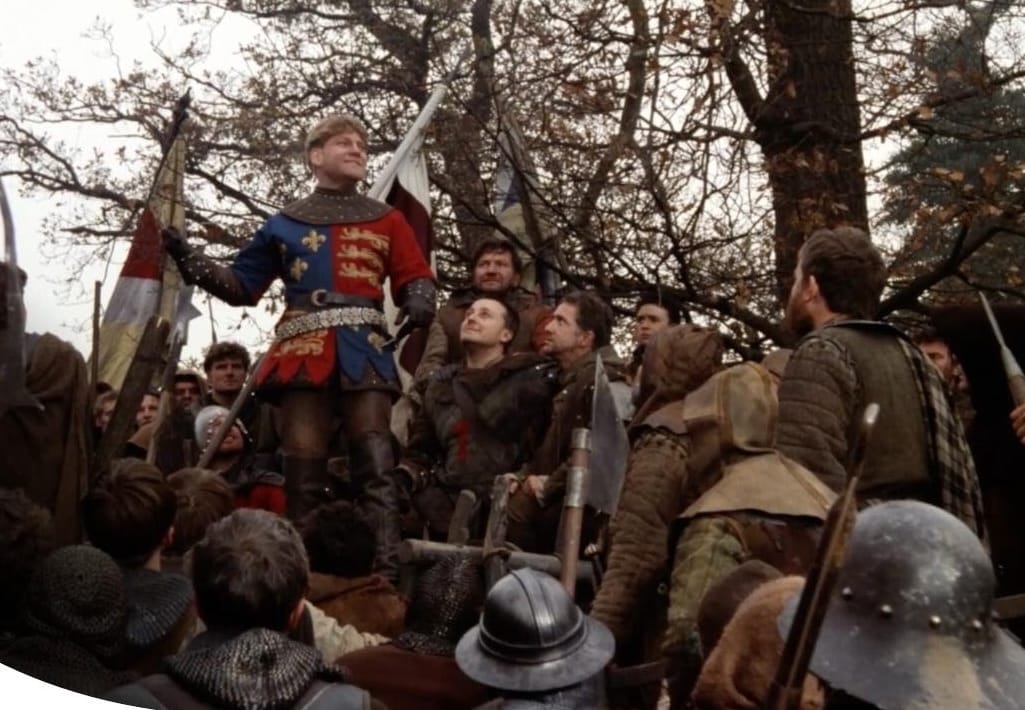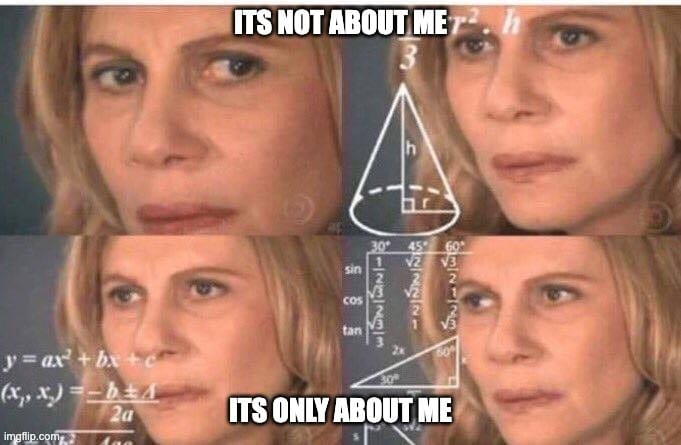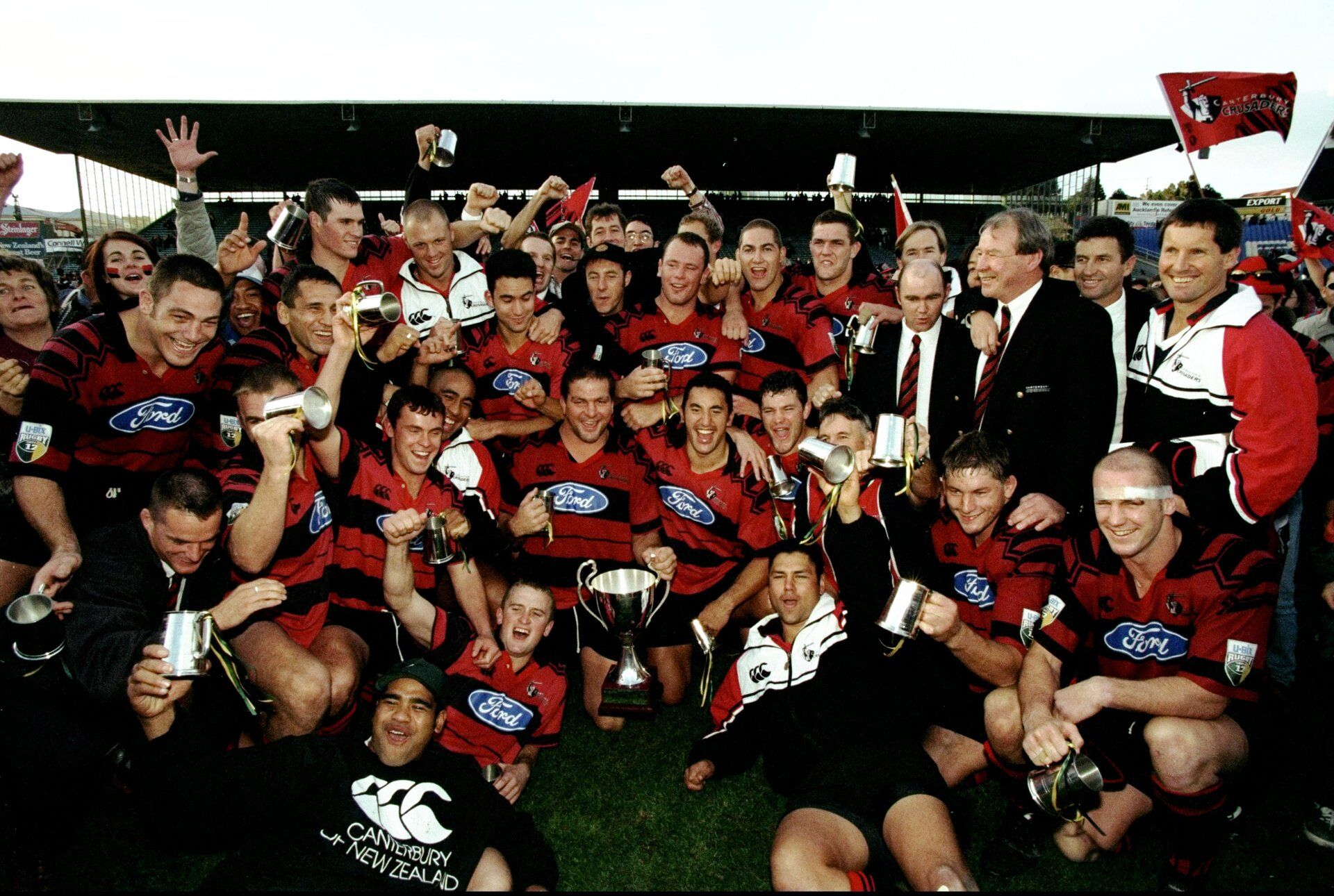- The Deep Dive
- Posts
- It’s Not About You...Or Is It?
It’s Not About You...Or Is It?
Brotherhood, belonging, and autonomy — the hidden drivers of success.
Table of Contents
It’s Not About You…Or Is It?
“We few, we happy few, we band of brothers. For he today who sheds his blood with me shall be my brother.”
— William Shakespeare, Henry V
Five rounds into the 1998 Super Rugby season, the Crusaders were on the ropes. They sat at the bottom of the table, and speculation swirled that head coach Wayne Smith wouldn’t see out the year. Unsure how to lift his team, Smith reached for a story about people outnumbered but united by purpose — the St. Crispin’s Day speech from Henry V.
Standing before his players, he recited: “We few, we happy few, we band of brothers...” The words spoke of belonging, a bond forged through shared struggle, the very thing the Crusaders needed to rediscover.

A young Kenneth Branagh as King Henry V delivering the St Crispin’s Day Speech
According to Self-Determination Theory, relatedness is one of three core psychological needs we all share - the need to feel connected and to belong.
That need is being recognised more than ever, with books like Owen Eastwood’s Belonging highlighting how vital (and often undervalued) it is for high performance.
This same theme surfaced in my study of secondary school 1st XV rugby players’ perceptions of their coaching environment. The players spoke of a powerful sense of connection with one another, using the term “brotherhood” to describe it. Built from close relationships and shared experiences, it was one of the main reasons they loved playing the game.
So what impact does this sense of relatedness have? It fuels motivation. As one player put it:
“With this team the motivation is already there for each other.”
Another explained how connection helps them during games:
“The connection players have with each other is something they feel they can rely on that supports them on the field.”
Notice how both players talk about their teammates, not the coach. Across the study, “belonging” referred mainly to peer-to-peer ties rather than the coach–athlete relationship.
One player summed it up simply:
“Brotherhood comes from each other, we rely on each other to help us through the game to play for each other.”
While the coach–athlete relationship remains important, it has been central to the other three themes to emerge from the research - expectations, control and power dynamics, this theme of brotherhood suggests that the strongest source of connection often comes from within the peer-to-peer relationships in the group itself.
If the main source of belonging isn’t the coach–athlete relationship, what does that mean for a coach’s role in supporting relatedness?
Sport psychologist Gilbert Enoka, who has worked with many successful teams, says one of the traits of great leaders is that “great leaders know it’s not about them (but it’s only about them).”

That apparent contradiction is key. The coaches aren’t the main characters, the players are. Our job is to create an environment where they can form meaningful bonds with one another. That means putting ego aside, resisting the urge to control everything, and focusing on how our actions shape the space around the team.
Yet it’s also only about the coach, because as leaders of the environment we can be the bridge that strengthens bonds, or the barrier that keeps them from forming. Research has shown across different environments that autonomy-supportive coaching behaviours can foster relatedness, while overly controlling behaviours can undermine it. The 1st XV rugby players in my study described how much autonomy they were given to shape the team’s culture:
They ran camps and workshops where players themselves defined the team values.
When someone fell short of those values, the playing group decided on appropriate consequences.
These actions stood in sharp contrast to the other aspects of the environment where coaches exercised heavy control (see the posts on coach control and power dynamics for a deeper dive into those themes).
Ultimately, the only thing we can fully control is our own behaviour. Giving players space to own their environment helps them build the connection and belonging that drives performance.
It’s not about you (but it’s only about you).
Wayne Smith understood this instinctively. When the Crusaders were struggling, it would have been easy to assert control or insert himself into the narrative and make the team play for him and his job security. Instead, he turned back to the peer-to-peer relationships within the group.
Standing before his players, he recited the St. Crispin’s Day speech:
“We few, we happy few, we band of brothers. For he today who sheds his blood with me shall be my brother.”
After he sat down, one of the players, Tabai Matson, stood and said:
“All my best mates in the world are in this room.”
That sense of brotherhood sparked a remarkable turnaround. The Crusaders did not lose another game that season. They finished second on the ladder and went on to win their first Super Rugby Championship, sealing it with a last-minute try in the final.

“We happy few”
This story shows what supporting relatedness can do. By putting the players’ connections first, we create an environment where motivation, trust, and belonging flourish, and with it, exceptional performance.
Master’s Wrap-up
Revisiting my Master’s research for these newsletters has reminded me why I explored this topic in the first place - to give players a voice. It’s reinforced how vital it is to involve players in shaping their environment, and that starts by asking them.
At the end of each focus group, I’d ask how they found talking about their coaching environment. Every group enjoyed it — one even asked if I could come back the following week. These 17 and 18-year-olds were perceptive and insightful; they just weren’t often given the chance to influence the space they spent so much time in.
Secondary school sport is, after all, for secondary school students — yet too often the environment reflected the coaches more than the players. While some coaches used autonomy-supportive behaviours, most of the players described controlling approaches that led to frustration, lower enjoyment, and less motivation.
As Gilbert Enoka puts it, great leaders know “it’s not about them (but it’s only about them).” My takeaway from the research is that our challenge is to create environments that belong to the players - not to us - and in doing so, give players the space to connect, grow, and enjoy their sport.
Quote of the Week
Belonging is a wildly undervalued condition required for human performance
An Even Deeper Dive
Owen Eastwood literally wrote the book on Belonging. Here he is on Michael Gervais’ Finding Mastery Podcast discussing how it is a necessity for people to thrive
Want to discuss anything you’ve read? Email us at [email protected]. We’d love to hear from you!
Want to share the Deep Dive with friends? Just send them the link below to subscribe

